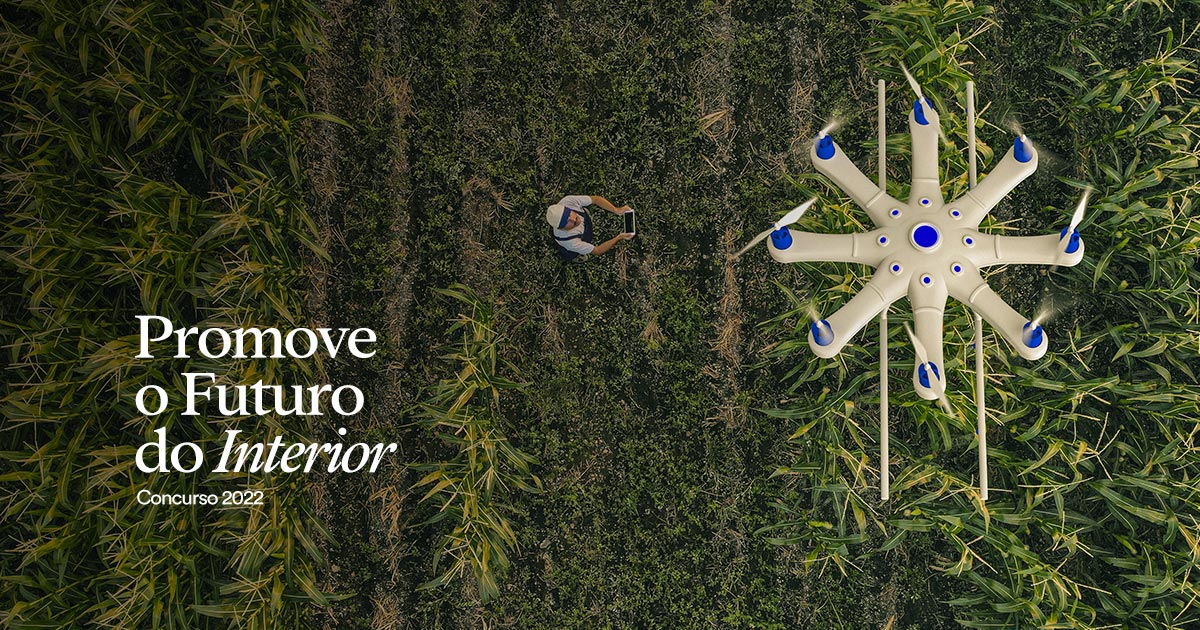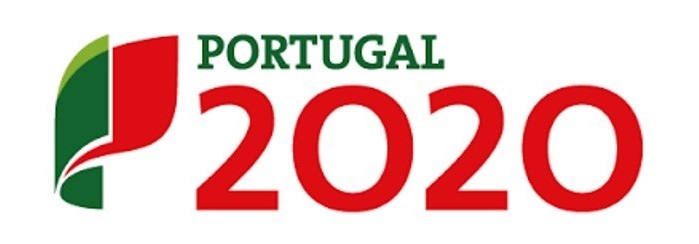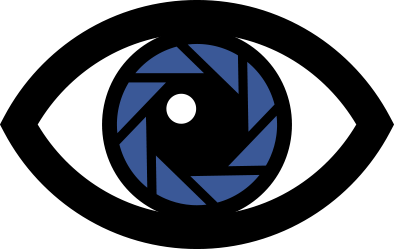International Projects
| 3 years (05/2022 - 04/2025) | |
| International project funded by Partnership for Research and Innovation in the Mediterranean Area (PRIMA) | |
| InovFarmer.MED aims to improve Mediterranean supply chain by promoting the adoption of innovative and sustainable Business models and partnership on the agro-food systems, providing strategies and digital technologies to cope with any crisis. InovFarmer.MED is expected to improve the two study case agri-food value chain products, valorizing Fig and Prickly Pear, by enabling the adoption of adapted Digital technologies that pave the way for a smart agri-food supply chain linking farmers/producers to food processing and retail in three piloting sites - Portugal, Algeria and Egypt. | |
| Participant. |
| 4 years | |
| International project funded by Brazilian Ministry of Education through the |
|
| Automated surveillance of video areas of interest can help prevent crimes by recognizing potentially suspicious actions, as well as investigating by analyzing stored videos. Among the main problems faced by video surveillance are the large amount of data to be processed and its quality. This project focuses on the development of scalable and accurate solutions that can process large amounts of data and can be transmitted in low resolution videos, videos containing people and vehicles far from the camera. Among the applications to be investigated are the identification of people and recognition of license plates in low quality data. | |
| Participant. |
National Projects
| 3 year (09/2022 - 08/2025) | |
| National project funded by Fundação ”la Caixa” | |
| Coordinator in the Scientific Institution. |
| 1 year (03/2021 - 02/2022) | |
| National project funded by Instituto Politécnico de Viseu | |
| The social distance needed to control the spread of the COVID-19 virus has drastically altered the way we live. Institutions have prepared to deal with this context, but citizens, in particular the student community, tend not to be consistent in their behavior when on the premises. It is urgent to create proactive awareness-raising tools capable of exposing and dissuading gatherings in the surroundings of institutions and public spaces. This project uses the area of Computational Vision, and the areas of Communication and Interaction Design in the implementation of shock advertising techniques. A system will be created that, through captured images, will carry out an automated assessment of distances. In cases of non-compliance, it will trigger alerts and send shocking messages, addressed to offenders. In addition to automating the verification, the objective is to assess the evolution of the target audience's behavior as they are exposed to this type of stimulus. | |
| Development of biometric recognition methods capable of working in surveillance scenarios. |
Perception for a Service Robot
| 1 year (10/2020 - 09/2021) | |
| National research project funded by the research unit NOVA LINCS, in the scope of the programe Targeted Research Activities (TRA). | |
| This project intends to develop novel computer-vision based strategies for recognizing objects not observed during the training phase of convolutional neural networks, and which are capable of running in devices with low computational power. | |
| Coordinator |
| 2 year (06/2018 - 06/2020) | |
| National project funded by "FEDER, Fundo de Coesão e Fundo Social Europeu" through the "Portugal 2020" programme (POCI-01-0247-FEDER-033395). | |
| The BIODI project is a cooperation between the company TOMIWORLD and the University of Beira Interior for creating smarter and safer cities by integrating intelligent modules into TOMI devices. These devices are interactive outdoor panels equipped with digital cameras produced and merchandised by the TOMIWORLD company. Their main functions are twofold: 1) provide useful information about the specific place where the device is deployed; 2) serve as dynamic advertisement panels. In this context, the BIODI project aims at developing methods for both estimating soft biometrics from TOMI users and detecting incidents and crimes in the street. The development of these methods will rely on computer vision techniques and constitutes the primary research part of this project. | |
| Development and coordination (on the TOMIWORLD company) |
| 1 year (03/2014 - 03/2015) | |
| National project funded by Instituto de Telecomunicações | |
| The acronym of this proposal comes from the Latin and summarizes its goals: “Quis” stands for “Who is” and “Campus” refers to a delimited space. Hence, in this project we aim at research and development of a biometric recognition system able to work in completely covert conditions. The main idea is that whenever a subject enters a QUIS-CAMPUS, it is automatically recognized, using multiple biometric sources and without requiring any active participation from the subject side.. | |
| Development of biometric recognition methods capable of working in surveillance scenarios. |
| 2 years (05/2011 - 05/2013) | |
| National project funded by Instituto de Telecomunicações | |
| Biomedical research typically requires the collection of very high quantities of microscopy images, with its subsequent manual or semi-automatic analysis using support software. This task is slow, subjective and very tiring, which motivates its full automation, allowing scientists to devote their full attention to the more critical issues of their research. The CellNote Touch project will combine research in computer vision and human-computer interaction to create an interactive touch-based tool for an improved analysis and annotation of cellular images that can run on a simple tablet-type computer. | |
| Automate the analysis of cellular images obtained under the microscope using computer vision methods, in particular investigate and develop an algorithm for automatic annotation of cellular images with Leishmania infections. |




